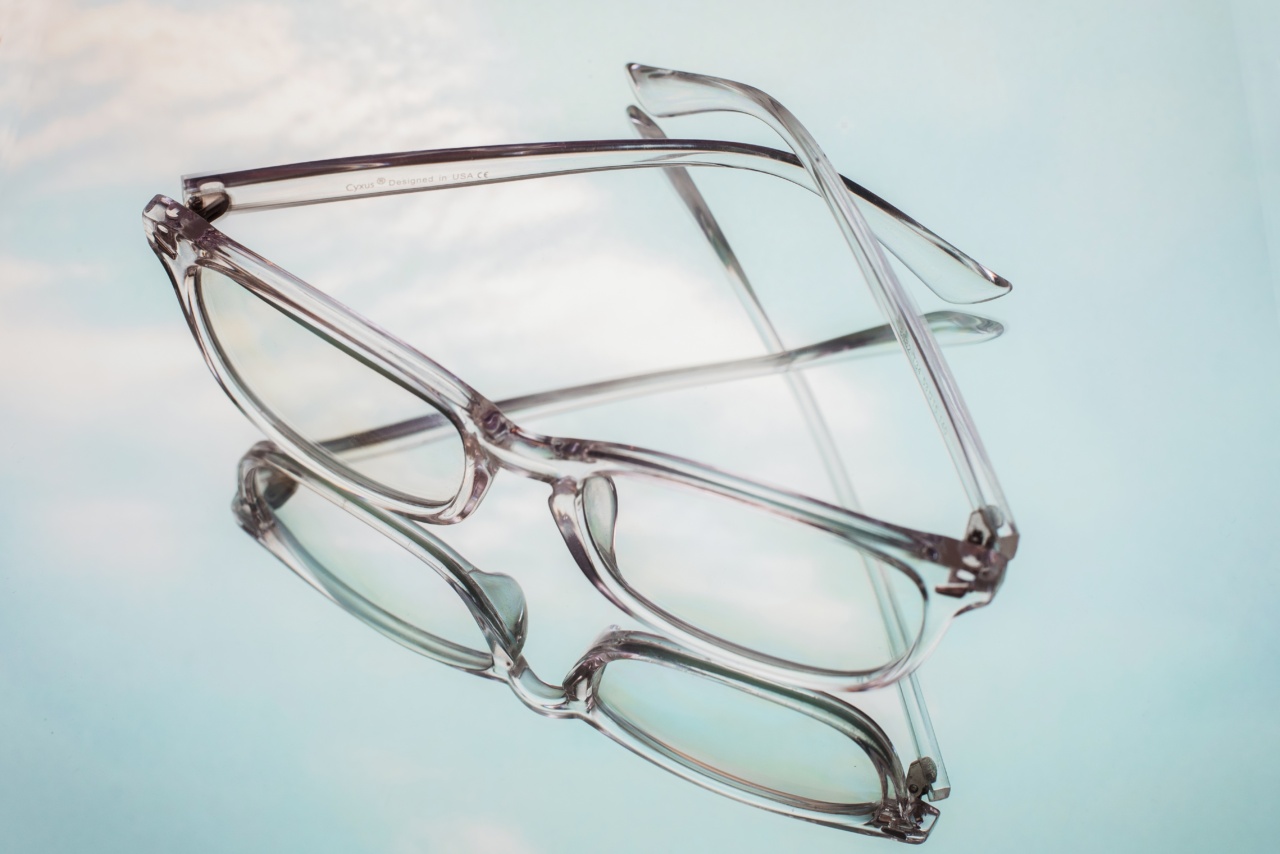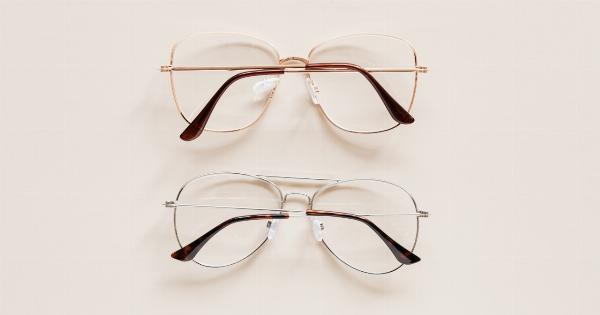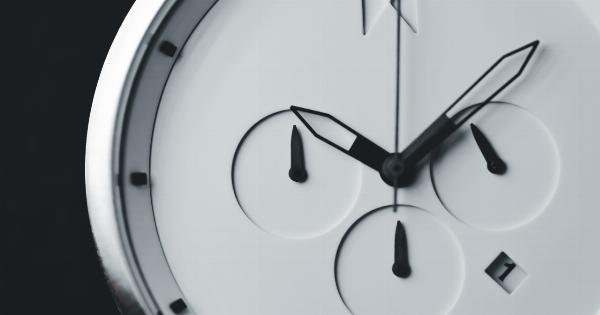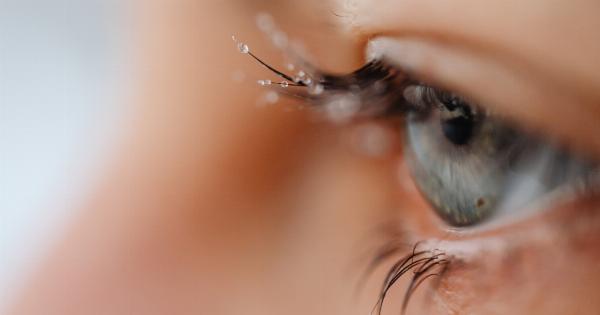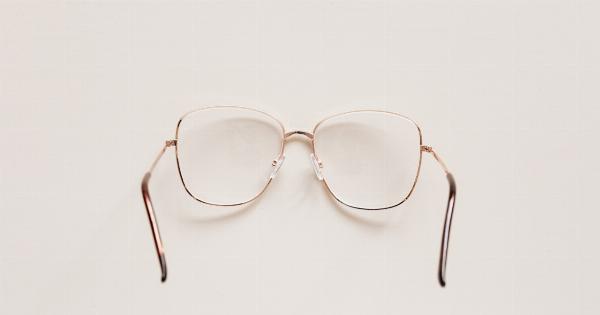Myopia is a common refractive error that affects the eye’s ability to focus on distant objects. In individuals with myopia, the eyeball is typically longer than normal, or the cornea is too curved.
This causes light entering the eye to be focused in front of the retina instead of directly on it. As a result, distant objects appear blurry, while nearby objects remain clear.
Causes of Myopia
The exact causes of myopia are still not fully understood. However, both genetic and environmental factors can contribute to the development of myopia.
Research has shown that if one or both parents have myopia, their children are more likely to develop it as well. Additionally, certain lifestyle factors, such as spending excessive time on close-up tasks like reading or using digital devices, can increase the risk of myopia.
Common Symptoms
Individuals with myopia may experience a range of symptoms, including:.
- Difficulty seeing distant objects clearly
- Squinting or straining to see far away
- Headaches or eye strain after focusing on distant objects for prolonged periods
- Blurred vision that improves when objects are brought close
Diagnosing Myopia
Regular eye examinations are crucial for early detection and management of myopia. During an eye exam, an optometrist or ophthalmologist will perform various tests to determine the refractive error and severity of myopia. These tests include:.
- Visual Acuity Test: This test measures how well you can see distant objects using an eye chart.
- Retinoscopy: The doctor shines a light into your eyes and observes how it reflects off your retina to determine your prescription.
- Refraction Test: You will be asked to look through a series of lenses to determine the best correction for your vision.
Treatment Options for Myopia
While myopia cannot be permanently cured, there are several treatment options available to manage the condition and improve visual acuity. These include:.
- Prescription Eyeglasses: Eyeglasses with lenses specifically designed for myopia can significantly improve vision clarity and focus.
- Contact Lenses: For those who prefer not to wear eyeglasses, contact lenses can be an excellent alternative.
- Orthokeratology: This treatment involves wearing specially designed gas-permeable contact lenses overnight. They temporarily reshape the cornea, allowing clear vision during the day without the need for glasses or contacts.
- Refractive Surgery: In severe cases, refractive surgeries such as LASIK or PRK may be considered. These surgically reshape the cornea to correct myopia.
Preventing Myopia Progression
While some risk factors, like family history, cannot be altered, certain lifestyle changes can help slow down the progression of myopia, especially in children. These include:.
- Spending Time Outdoors: Spending at least two hours a day outside in natural light has been associated with a reduced risk of developing myopia.
- Limiting Screen Time: Minimizing the use of digital devices, especially among children, can help prevent myopia progression.
- Practicing the 20-20-20 Rule: Take a break every 20 minutes and focus on an object at least 20 feet away for 20 seconds to reduce eye strain caused by close-up work or screen time.
- Ensuring Proper Lighting: Adequate lighting conditions while reading or studying can help reduce eye strain and potential myopia progression.
- Regular Eye Check-ups: Visit an eye care professional at least once a year to monitor your vision and detect any changes in your refractive error.
Conclusion
Myopia can significantly impact one’s daily life and can potentially lead to complications if left unmanaged. Regular vision check-ups are essential for the early detection and treatment of myopia.
By understanding its causes, symptoms, and treatment options, individuals can take proactive measures to manage their myopia effectively. Remember, maintaining healthy vision is crucial for a better quality of life.
